Probiotics and Fermented Foods, Are They the Same Thing?
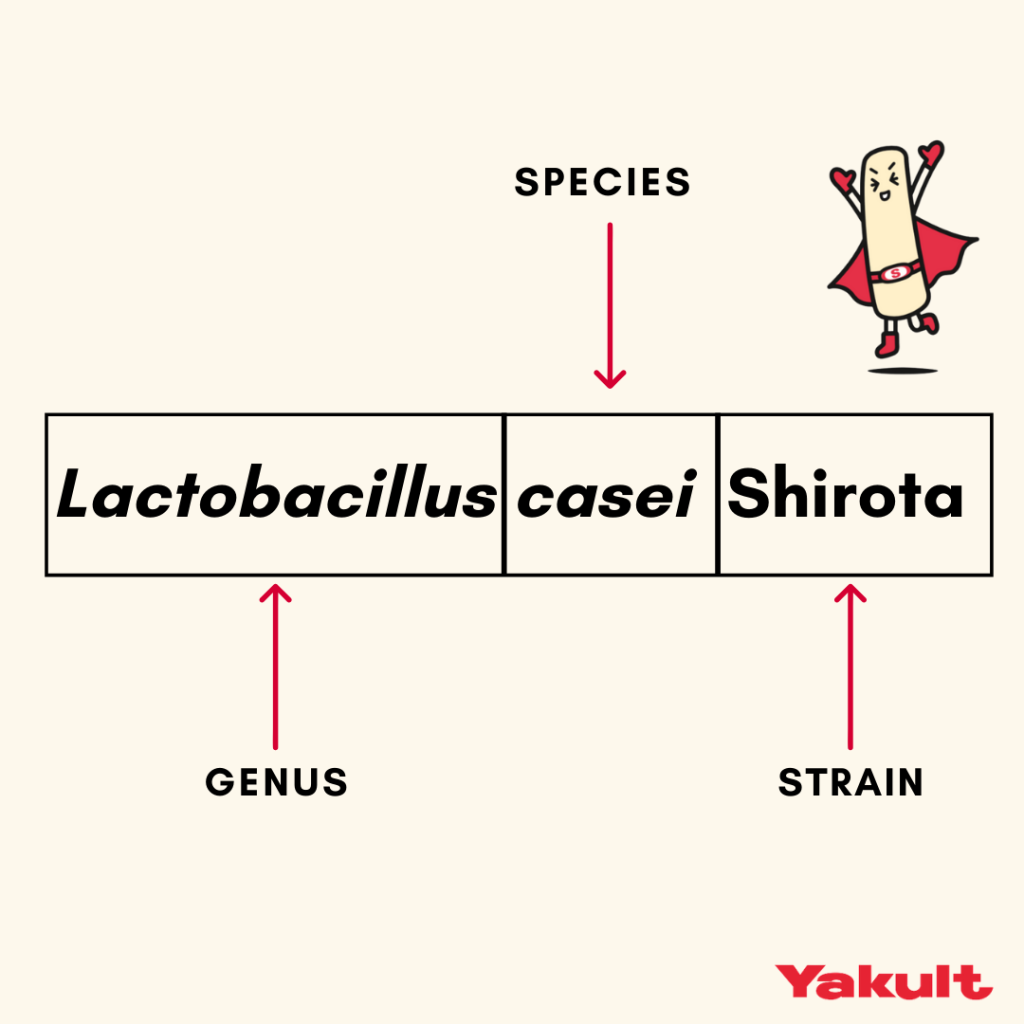
New advancements in research are always taking place in the food industry, it can be tricky to keep up to date with the latest findings. Probiotics and fermented foods have been popular in the media lately, although they are not the same the difference between them is unknown to many. What are probiotics? Probiotics are […]
Yakult Factory Tours – Now in Mandarin!

Interested in Mandarin-speaking Tours of Yakult? Yakult Australia is happy to announce that we are now offering a limited number of Mandarin-guided factory tours in June. We want to provide Mandarin-speaking communities with the opportunity to come and explore the story of how Yakult is made. We are located at 10 Monterey Road, Dandenong South, […]
Gut Inflammation
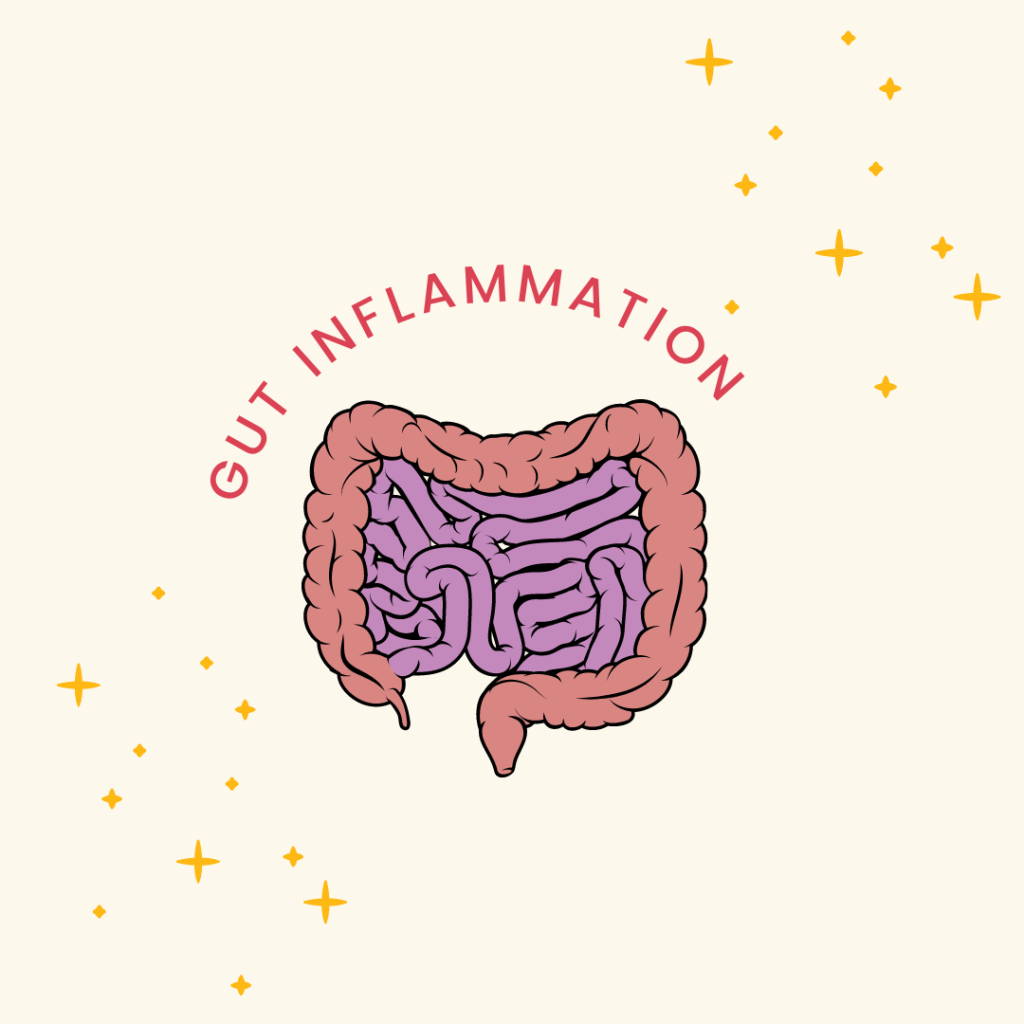
After the year that has been, it has become even more imperative that we value the priority of our health. Individually within our gut microbiota, there are billions of bacteria present, helping to maintain balance by keeping our gut healthy and in part also helping to support our overall wellbeing. Gut inflammation To support your health, […]
Lights, Camera… YAKULT!
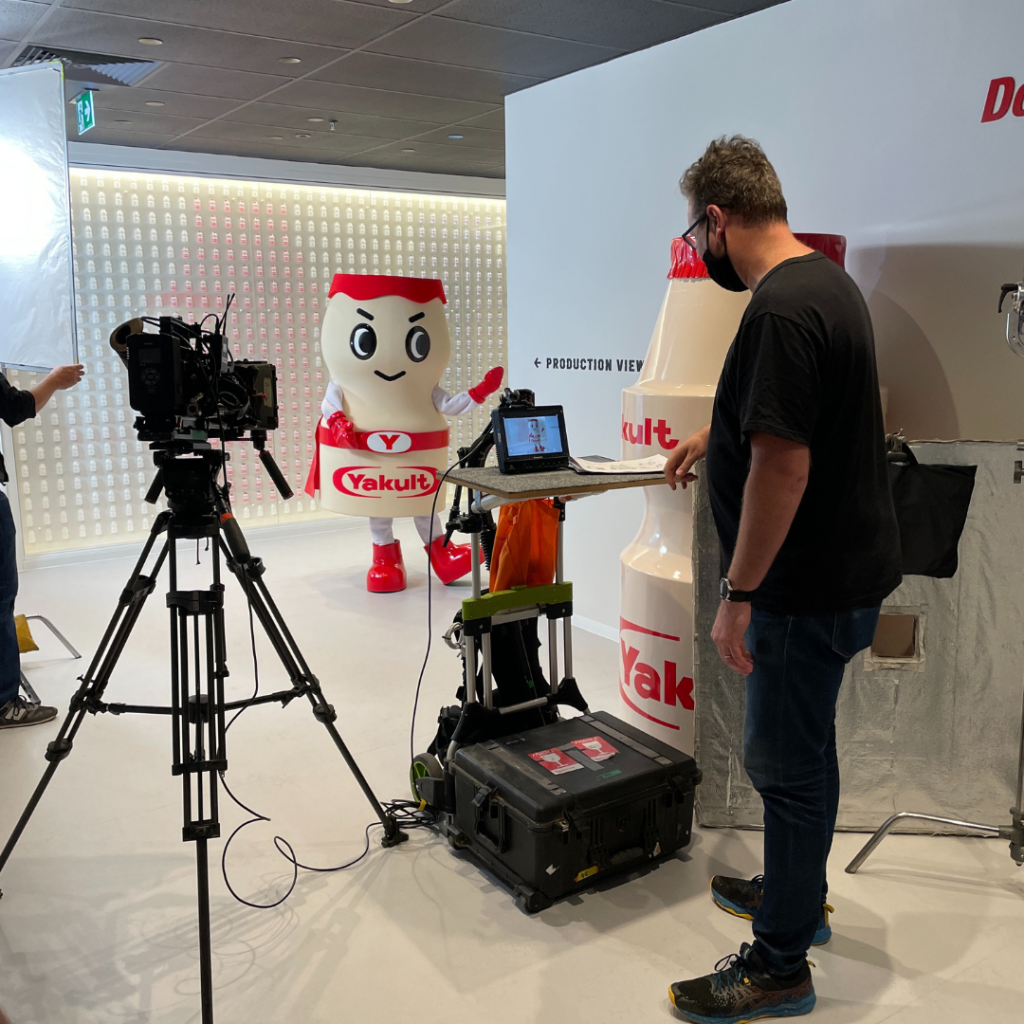
After a year of postponed events and cancelled plans, here at Yakult Australia, we were finally able to film our new upcoming commercial as well as additional informational videos for our consumers! In our refurbished visitor viewing area, our ambassador Ian Thorpe and some of Yakult’s team members were able to co-star in the filming. […]
Factory Tour Re-Opening

YOU ARE INVITED! Yakult Australia is happy to announce that our factory tours are now running on site again and we want you to come and explore the story of how Yakult started. Not only are the tours FREE, but you get to experience firsthand the step-by-step process of how the world-famous Yakult fermented milk […]
About Your Gut – 肠道健康手册
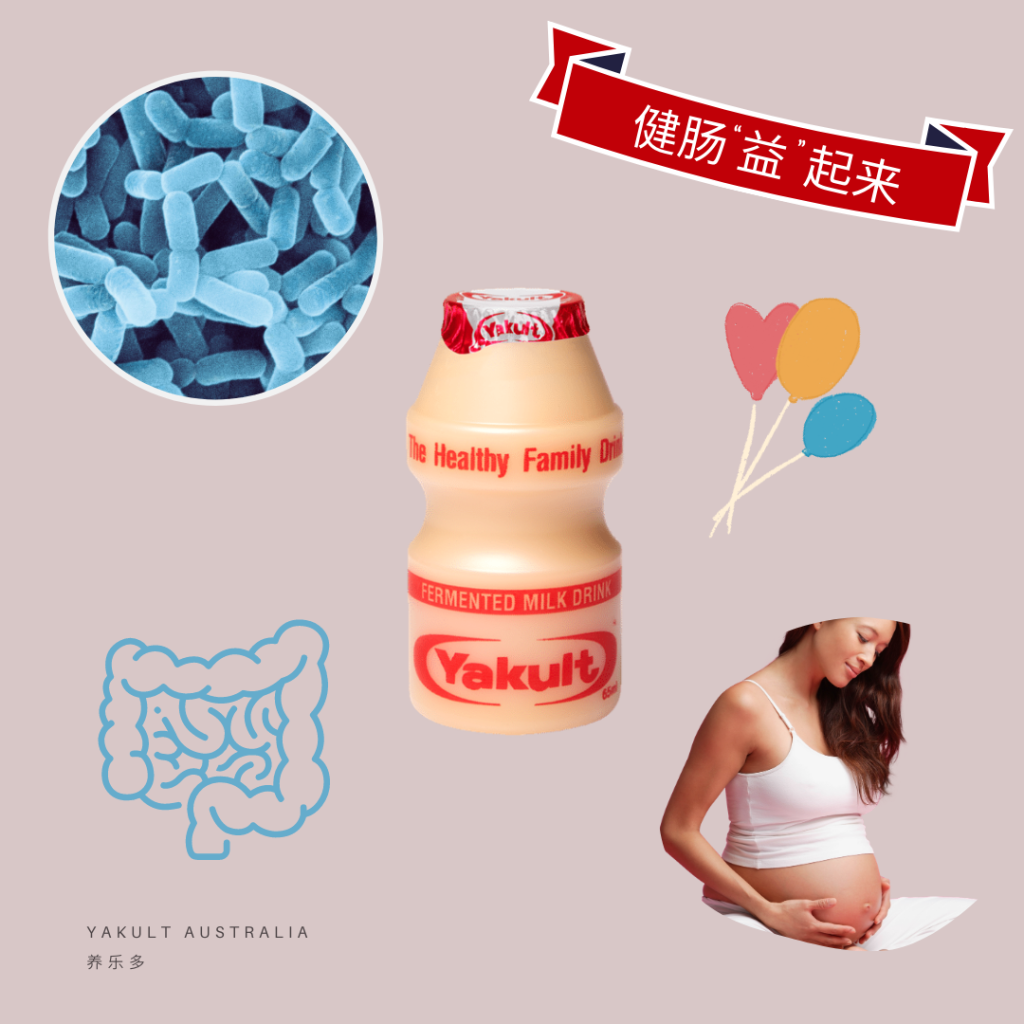
Ever wondered about your child’s digestive function or your own? Your gut plays so many important roles in keeping your body functioning well. In a recent campaign, we received numerous questions from mums on all things gut related. To support the amazing mums who got in touch with us and to help keep your family’s […]
Bring in the Year of the OX!

On February the 12th 2021, more than 20% of the world’s population will be celebrating Chinese New Year. Although popular in Asian countries, large Lunar New Year celebrations are also held in England, the USA and Australia. It is well worth checking out your local Chinatown to join in the parades, lion dances and delicious […]
Yakult Converts Again for the Rebels
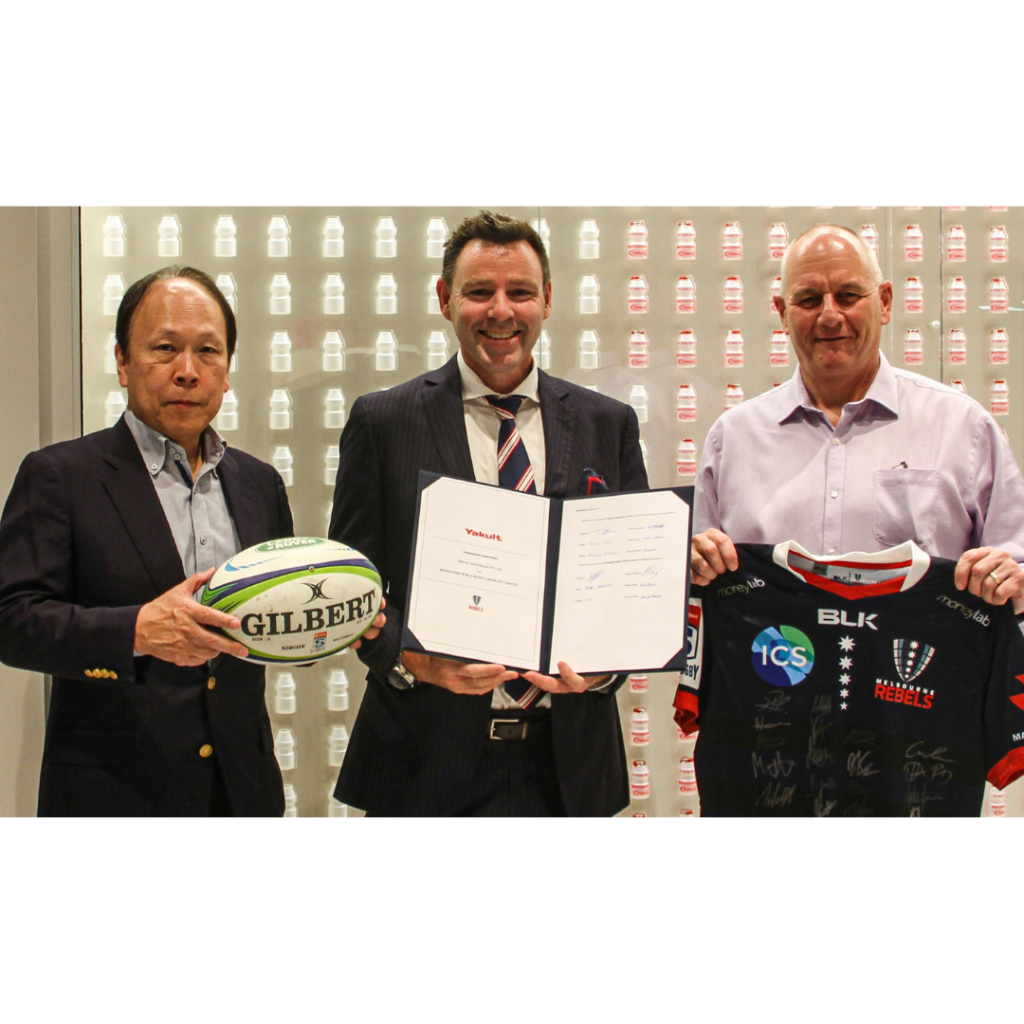
Yakult Australia is thrilled to announce the renewal of its partnership with Super Rugby team the Melbourne Rebels. Beginning their joint venture in 2011, the new 2-year extension for the 2021 and 2022 seasons places Yakult as the club’s second longest official partner. As the Probiotic of Choice of the Rebels, our Yakult logo features […]
Nothing to Bloat About

With the end-of-year festive season behind us, we have all been enjoying some delicious gatherings with friends and family. Unfortunately, it is not uncommon for us to feel a little bloated after a heavy meal. While bloating and distension are often temporary for most, for some of the population it can be a chronic issue […]
Yakult Wins 2020-2021 Brand of the Year award

Yakult has been awarded the 2020-2021 ‘Brand of the Year’ award in the Dairy Product – Probiotic category of the World Branding Awards to be held in London. This is the fourth consecutive year that Yakult has won this accolade. In the events 12th time running, Yakult was one of 4,000 brands across 45 countries […]